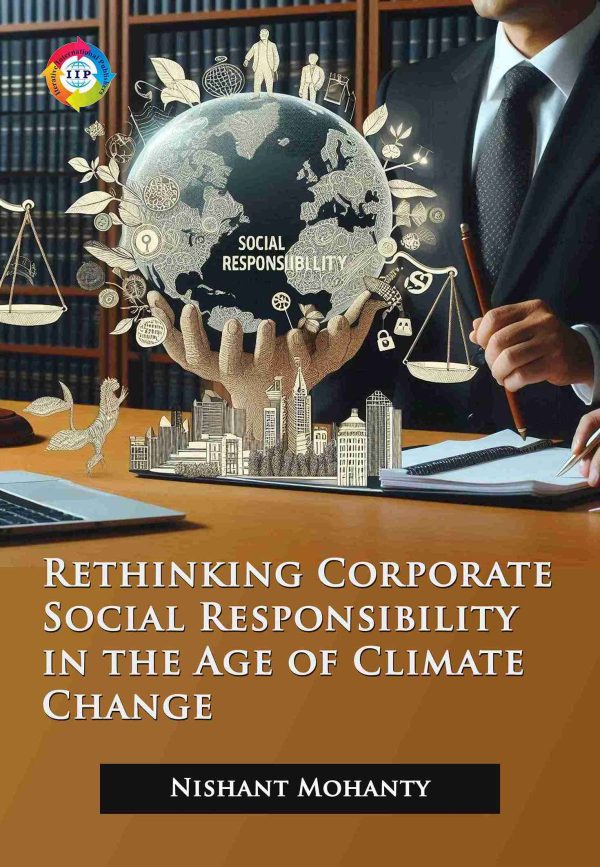Corporate Social Responsibility (CSR) has evolved into a cornerstone of modern business practices, especially in the face of the escalating climate crisis. As the global community grapples with the urgent need to mitigate and adapt to the impacts of climate change, businesses worldwide are recognizing the importance of integrating sustainability practices into their operations and strategies. This book, “Rethinking CSR in the Age of Climate Change,” delves into this evolution, exploring the motivations, strategies, and challenges associated with corporate engagement in addressing climate change.
The motivations for corporations to embrace CSR in response to climate change are manifold. Beyond the ethical imperative to minimize environmental harm, businesses are increasingly recognizing the business case for sustainability. Today’s consumers are more environmentally conscious and prefer brands that demonstrate a commitment to reducing their carbon footprint. Additionally, stricter regulations and the potential for reputational damage compel businesses to proactively address climate change through robust CSR initiatives.
In response to the climate crisis, corporations are adopting various strategies to reduce their greenhouse gas emissions and foster sustainable practices. These strategies include transitioning to renewable energy sources, adopting energy-efficient technologies, optimizing supply chains to minimize emissions, and promoting circular economy principles. Furthermore, many companies are investing in research and development to create innovative solutions that contribute to climate change mitigation and adaptation efforts. Collaboration and partnerships with stakeholders, such as NGOs, governments, and local communities, are also crucial in implementing effective CSR strategies that address climate change on a broader scale.









Reviews
There are no reviews yet.